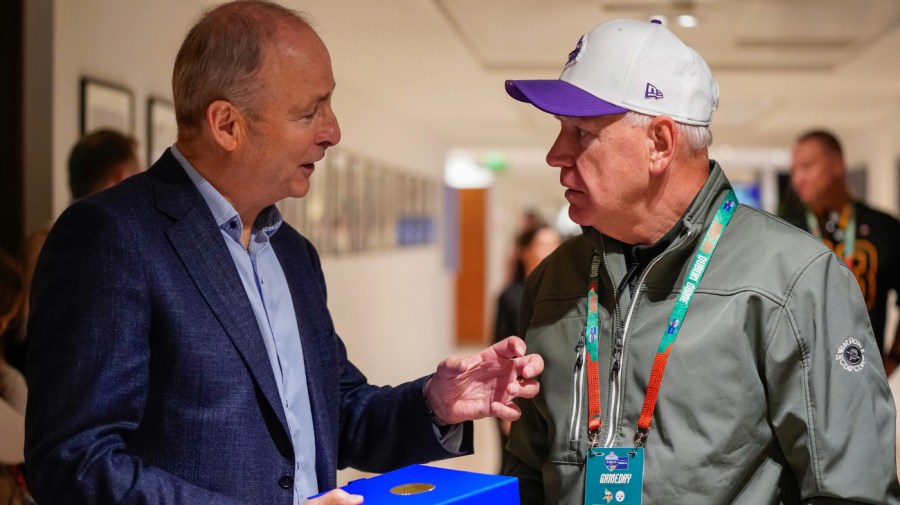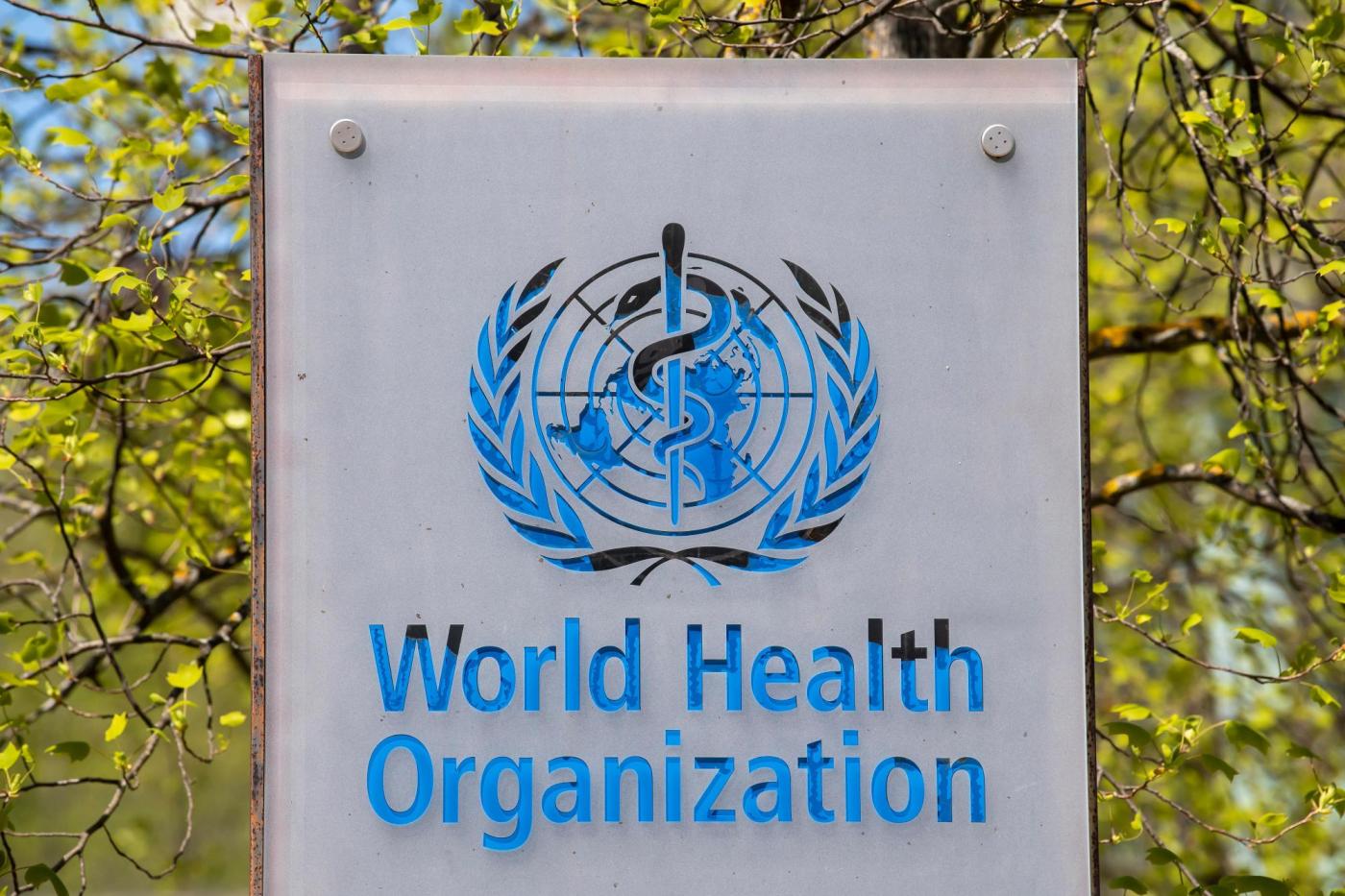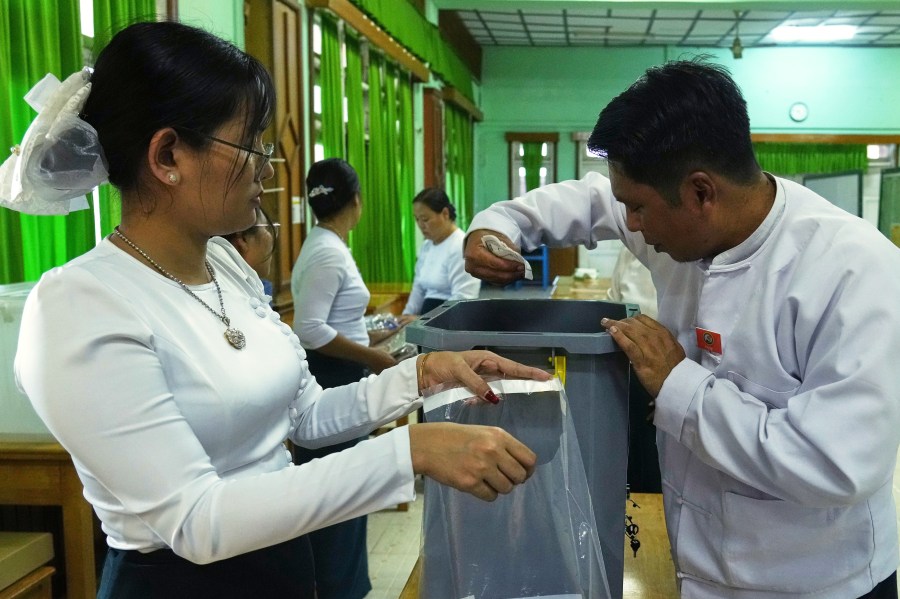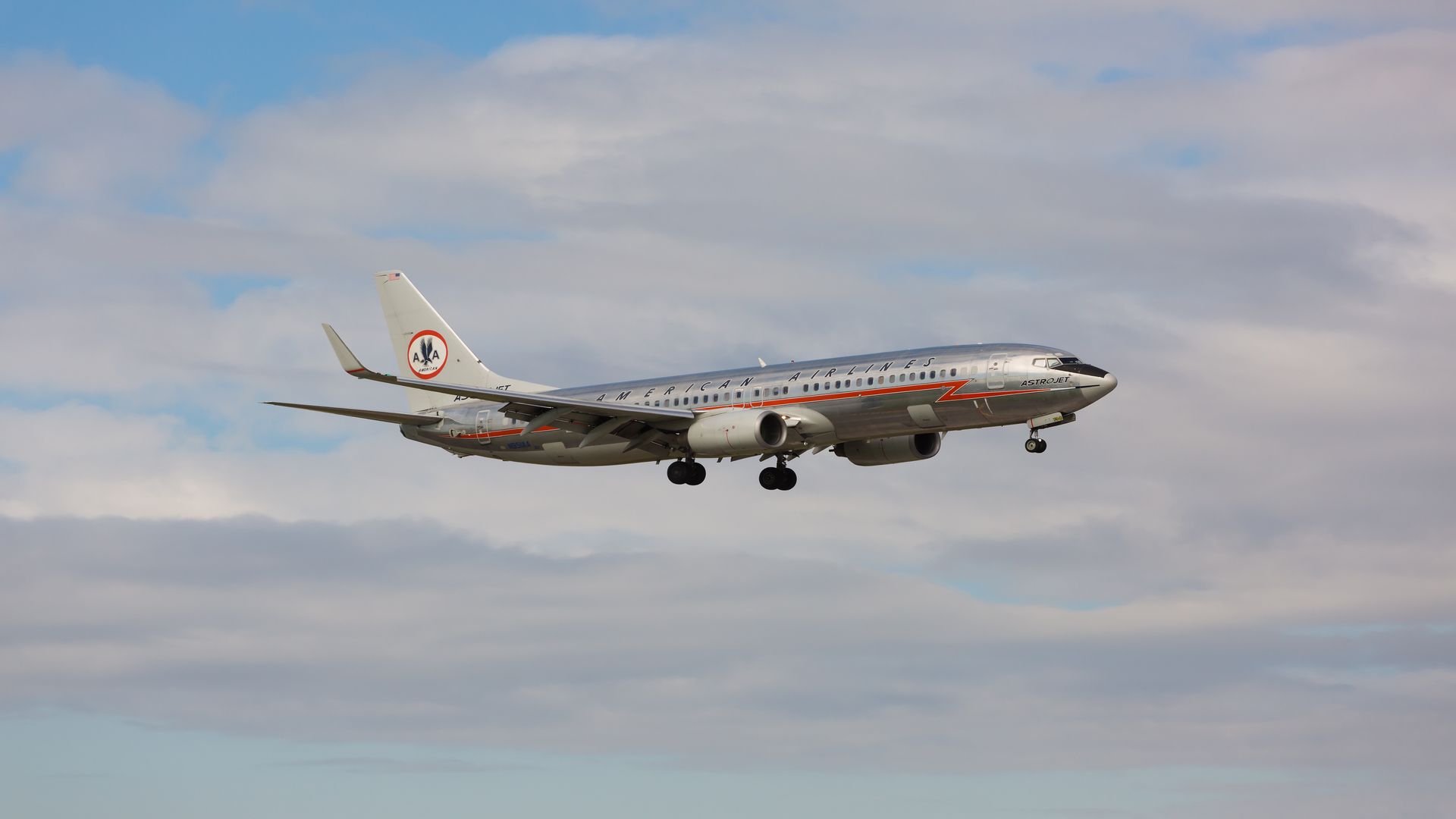Cultural and sporting exchanges are playing a crucial role in fostering connections during times of diplomatic tension. In March 2023, the International Olympic Committee hosted discussions with leaders from various nations, emphasizing the importance of sports in diplomacy. Events such as the upcoming FIFA World Cup in Qatar and cultural festivals across the globe provide platforms for nations to engage positively, even amidst challenges.
The role of sport as a unifying force has become increasingly significant. For instance, the United Nations has recognized that cultural activities can serve as a bridge between countries with strained relations. As nations prepare for major sporting events, they also reflect on the potential for these occasions to promote peace and understanding.
In a notable example, the 2023 FIFA World Cup in Qatar, scheduled for November, has seen participation from countries that have historically had diplomatic disagreements. The tournament will not only showcase athletic talent but also encourage dialogue among fans and officials, highlighting the positive impact sports can have in a global context.
Exchanges and Collaborations in Sport and Culture
Cultural exchanges, such as art exhibitions and music festivals, are equally vital. Events organized by UNESCO have brought together artists from diverse backgrounds, fostering collaboration and understanding. In Paris, France, an annual arts festival has seen participation from over 30 countries, demonstrating how culture can transcend boundaries.
These exchanges are not limited to large-scale events. Smaller initiatives, such as community sports days and cultural workshops, also play a role in improving international relations. For example, a recent initiative in Tokyo, Japan, involved sports clinics for youth from various countries, promoting teamwork and mutual respect.
The power of sports diplomacy was further illustrated during the 2022 Winter Olympics in Beijing, China. Athletes from nations with contentious relationships competed side by side, creating an atmosphere of camaraderie. These moments have sparked discussions on how global sporting events can serve as a platform for dialogue and reconciliation.
While sports and culture cannot resolve political conflicts, they can offer opportunities for engagement that might not otherwise exist. As the world navigates complex diplomatic landscapes, sporting events and cultural exchanges will continue to be valuable tools in promoting peace and understanding.
The Future of Sporting Diplomacy
Looking ahead, the emphasis on the role of sports and culture in diplomacy is likely to grow. As geopolitical tensions persist, the need for innovative avenues of communication and connection becomes more pressing. Sporting events, along with cultural initiatives, will remain key in facilitating interactions that can lead to lasting relationships between nations.
The International Olympic Committee and other organizations are increasingly aware of this potential. They are actively promoting initiatives that leverage sports to improve diplomatic ties. As countries prepare for future competitions and cultural events, the hope is that these opportunities will lead to stronger connections and a more cooperative international community.
In conclusion, as the world faces uncertainties, the ability of sports and culture to bridge divides becomes ever more essential. The ongoing commitment to using these platforms for positive engagement reflects a growing recognition of their value in fostering a more peaceful global environment.





